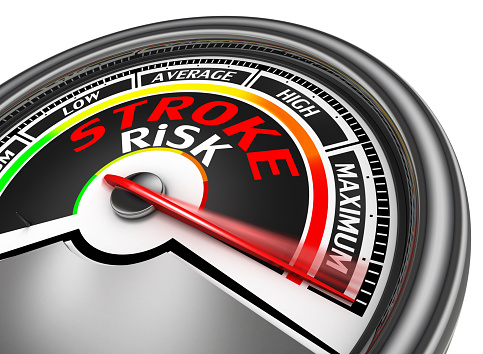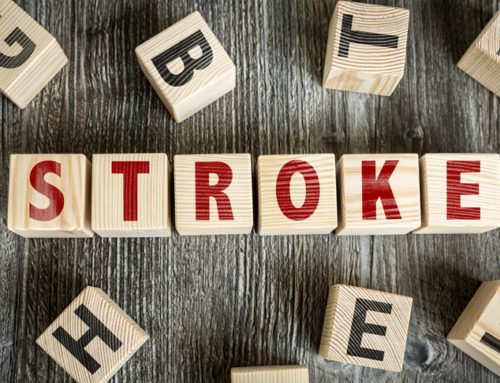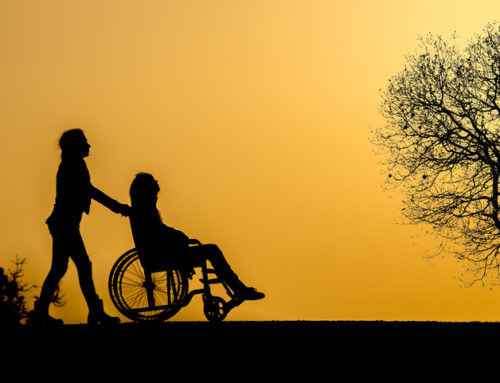Stress and Strokes: The Undeniable Link
Stress: A state of mental or emotional strain or tension resulting from adverse or very demanding circumstances.
Most of us know that stress can cause emotional distress, such as depression, anxiety, anger or even hostility. But what happens when stress goes beyond the emotional effects and begins to affect the body’s health and well-being?
It has been known for years in the medical community that stress can have a profound effect on the body’s ecosystem—one of which is the increased risk of suffering from a stroke or TIA (ischemic attack), particularly in the older adult population. When one experiences significant amounts of stress, the body releases stress hormones that can raise blood pressure which can ultimately lead to a stroke. In addition, these stress hormones can also be a key contributor to the onset of diabetes, various types of heart disease and hardening of the arteries, called atherosclerosis.
To better understand stress and its affects, researchers have labeled stress in the following areas; one’s own health issues, health issues of someone close to them, ability to work and hold a job, relationships and finances. There can be notable changes in eating habits, memory, mood, onset of physical aches and pains, as well as the person becoming more isolated.
In order to better understand this phenomenon, researchers studied how stress factors may influence the risk for chronic diseases, as well as life threatening medical events. A study was conducted in 6 U.S. cities of more than 6700 adults to assess the affects of chronic stress, depression, anger and hostility. The age/gender groups that were studied were as follows:
More than 6,700 adults (ages 45-84; 53 percent women) completed questionnaires assessing chronic stress, depressive symptoms, anger and hostility over two years. Participants were 38.5 percent white, 27.8 percent African-American, 11.8 percent Chinese and 21.9 percent Hispanic. All were free of cardiovascular disease at the start of the study–the results were astonishing. In a 8.5 to 11 year follow up, 147 strokes and 48 TIAs occurred, the results were: Seniors, in general, can experience more stress due to the daily challenges of life, including feeling safe and secure in their own home, as well as wanting to the retain the ability to live independently. Caregivers can help their loved one to stay engaged in the lifestyle they have grown accustomed which help to reduce stress levels. [1] Susan Everson-Rose, Ph.D., M.P.H., study lead author and associate professor of medicine at the University of Minnesota in Minneapolis. [2] Study funded by The National Heart, Lung, and Blood Institute






